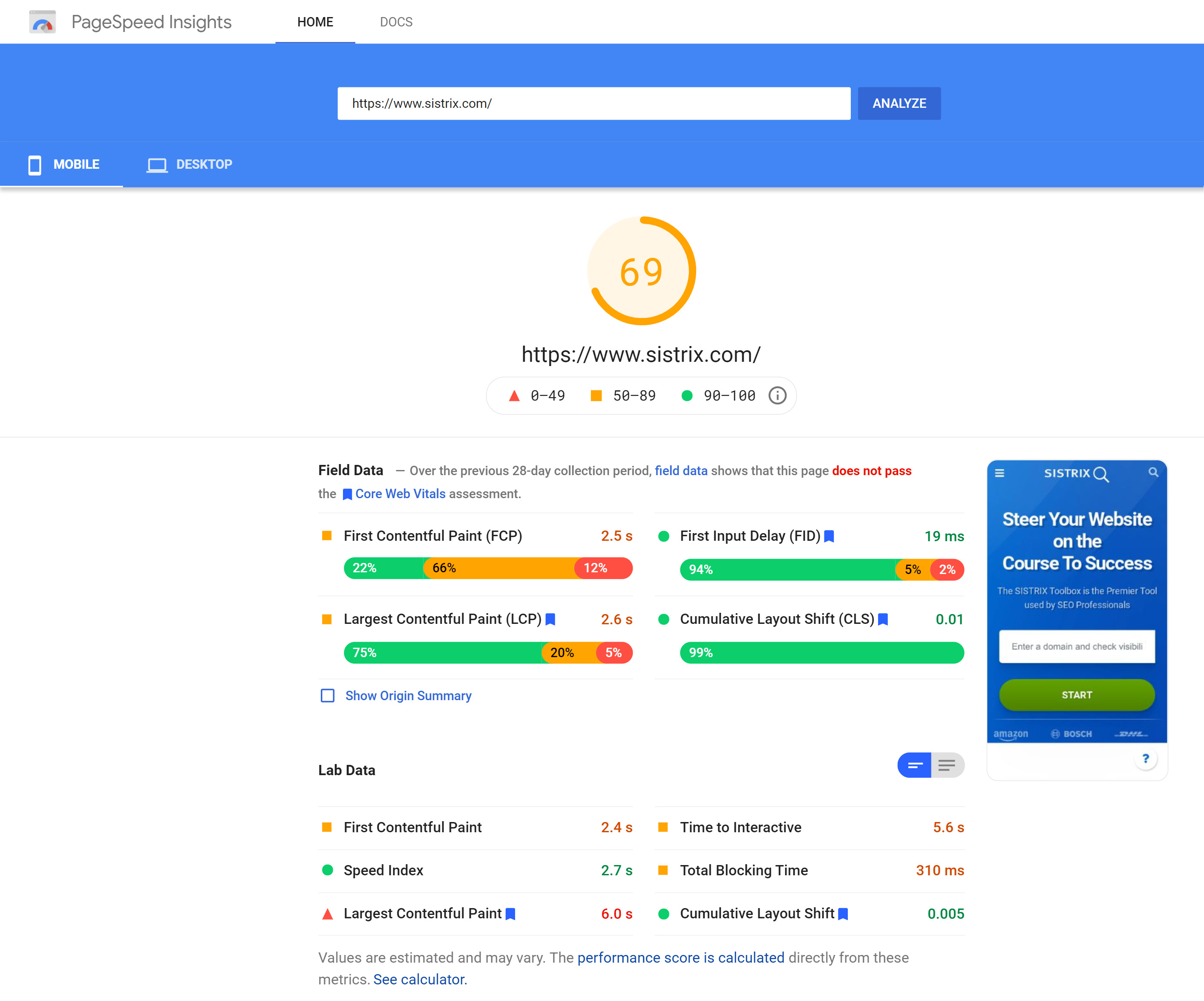As we approach 2024, businesses must stay ahead of the curve by implementing effective strategies to optimize website speed and performance. Here are some key strategies to consider:
Conduct Regular Website Audits
Before implementing any changes, it is essential to understand the current state of your website's performance. Conducting regular website audits using tools like Google PageSpeed Insights or WebPageTest can provide valuable insights into the areas that need improvement. These audits can identify bottlenecks, highlight performance issues, and provide specific recommendations for optimization.
Optimize for Mobile Devices
With the increasing number of users accessing the internet through mobile devices, optimizing for mobile is no longer an option but a necessity. Ensure that your website is responsive and loads quickly on various mobile devices and screen sizes. Techniques such as lazy loading, image optimization, and minimizing HTTP requests can significantly improve mobile performance.
Leverage Content Delivery Networks (CDNs)
A Content Delivery Network (CDN) is a network of geographically distributed servers that can deliver website content more efficiently to users based on their location. By utilizing a CDN, businesses can reduce latency and improve website loading times, especially for users located far from the origin server.
Implement Caching Strategies
Caching is a powerful technique that can significantly improve website speed by storing frequently accessed data and resources locally, reducing the need for repeated server requests. Implementing browser caching, server-side caching, and leveraging cache plugins or services can enhance website performance and provide a smoother user experience.
Optimize Images and Media
Visual content, such as images and videos, can significantly impact website loading times if not optimized properly. Techniques like image compression, lazy loading, and using modern image formats like WebP can help reduce file sizes and improve load times without compromising visual quality.
Minify and Combine Resources
Minifying and combining CSS, JavaScript, and HTML files can reduce the number of requests made to the server and the overall file size, resulting in faster load times. This process removes unnecessary characters, whitespace, and comments from the code, making it more compact and efficient.
Implement Asynchronous Loading
Traditional synchronous loading can slow down website performance as resources are loaded one by one, in a sequential manner. Asynchronous loading allows resources to be loaded concurrently, improving overall load times and providing a smoother browsing experience.
Leverage Accelerated Mobile Pages (AMP)
Accelerated Mobile Pages (AMP) is an open-source initiative by Google that aims to provide a faster and more efficient mobile browsing experience. By implementing AMP on your website, you can benefit from faster load times, improved user engagement, and potentially better search engine visibility for mobile users.
Optimize Server Performance
Server performance plays a crucial role in website speed. Ensure that your server is configured optimally, with adequate resources (CPU, RAM, and disk space) to handle the traffic and load. Consider upgrading to a more powerful hosting solution if your current server is struggling to keep up with the demand.
Monitor and Continuously Improve
Website optimization is an ongoing process, and it is essential to continuously monitor and improve your website's performance. Regularly test your website's speed using various tools and analytics, and implement necessary changes and updates to maintain optimal performance.


